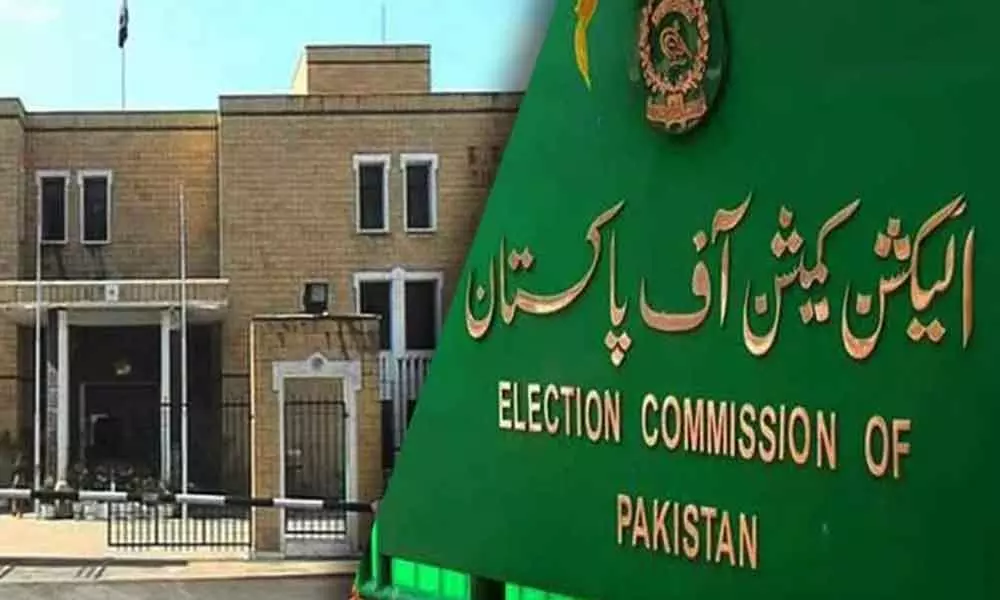
Pakistan just went through its 12th general elections but, like the previous 11 times, this time too it is simply a case of musical chairs where the omnipotent military establishment chooses who participates and how many chairs are available. The elections have also only increased the country’s myriad challenges, not eased any of them.
As columnist Aasim Sajid Akhtar wrote “Pakistan is on fire, and not in a good way. Interrelated demographic, ecological and economic crises are escalating. The incoming government owes its ‘success’ to the establishment and is considered illegitimate by large segments of the population, especially young people and the ethnic peripheries. The PML-N and PPP will claim otherwise, but the widespread perception that the ‘new’ dispensation is effectively PDM 2.0 speaks for itself. The ‘new’ ruling coalition only symbolises the depth of our political crisis.”
According to Akhtar “In Pakistan, even a hopelessly rigged election can metamorphose into a ‘national security threat’.” So “the caretaker government (read: establishment) has imposed a blanket ban on the social media site X. The post-poll rigging carried out to bring PDM 2.0 into existence was being exposed with so much irrefutable evidence that our holy guardians decided it was time to do away with the niceties entirely. This has been followed by dire warnings to journalists who transgress the boundaries of what is considered acceptable reporting.”
Akhtar notes that “the very term ‘ruling class’ demands a reckoning with the fact that our predicament is beyond singular regimes, that things will not just get better because one segment of the bourgeoisie has replaced another in government. This is particularly true in our own context where virtually all bourgeois parties compete with one another for the establishment’s favour — look no further than the PPP putting up Sarfaraz Bugti and Jamal Raisani in Balochistan.”
In conclusion, Akhtar warns “evidence does not prove that the supposedly more ‘liberal’ (read: centre-right) segments of the ruling class resolve the inherent contradictions of contemporary capitalism and thereby reduce the appeal of their far-right competitors.”
![]()





